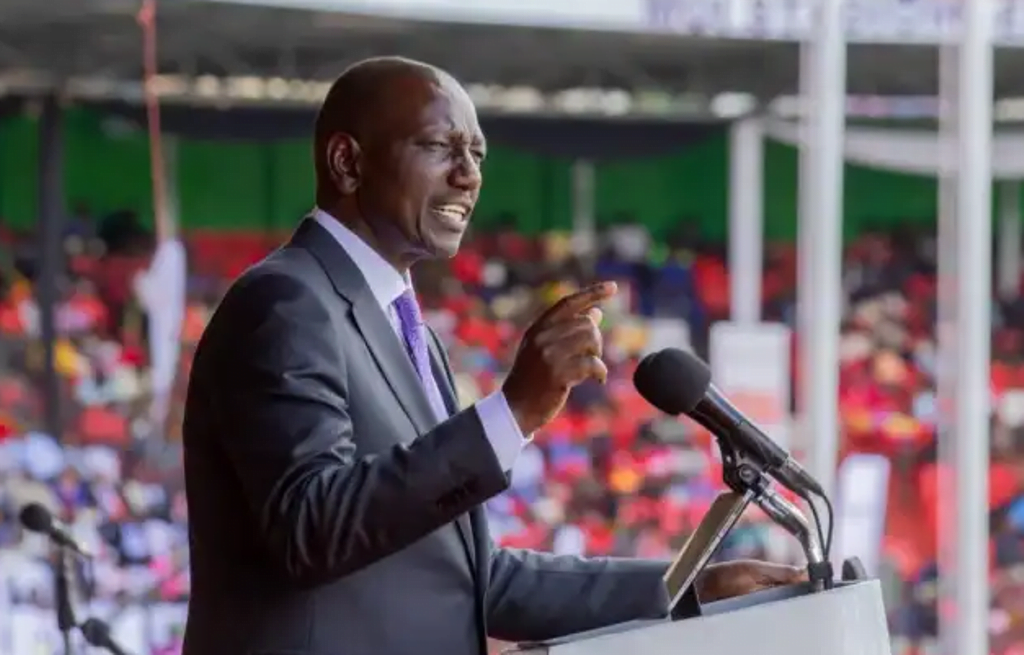A section of leaders in Isiolo County has appealed to the government to waive fee arrears for learners in Arid and Semi-Arid counties.
They said due to prolonged drought and the high cost of living, the majority of parents are unable to pay the debts of their children in school.
The leaders mainly composed of politicians and activists consequently want the government to waive school fees arrears for secondary school and college, and university students from needy backgrounds in ASAL regions.
Led by former Deputy Governor Abdi Issa, the leaders said many parents from ASAL regions are facing hard economic times making them incapable of settling school fees debt for their children.
“We urge the government to move with speed in a bid to save the situation failure to which many children will drop out of school.
Many parents can no longer afford to pay fees for their children in secondary school and college because they lost all their animals to the prolonged drought.
The government should put in measures to caution such affected families,” said Dr Issa.
Human rights activist Abdikadir Osman called on the government to come up with a way of clearing pending balances for learners from the regions affected by drought.
A survey conducted by a humanitarian organization, Save the Children, early in the year indicate that over 3.5 million children had been adversely affected by the prolonged drought and were at risk of dropping out of school.
Mandera, Marsabit, Isiolo, Wajir, and Turkana counties were ranked the most affected with Mandera having the highest number of children aged between 4-17 years old dropping out of school.
The report also established a significant decrease in school enrolment with over 50 percent of schools across Early Childhood, Primary, and Secondary schools in the ASAL counties affected.
The key contributors to the dropouts and decreased enrolment were poverty, lack of school meals, resource-based conflicts, water shortage, and climate-related emergencies among others.
Children were ranked among the most vulnerable groups with many parents forced to migrate with them from place to place in search of pasture and water for livestock therefore interrupting learning.
By John Majau
Get more stories from our website: Education News
To write to us or offer feedback, you can reach us through: editor@educationnews.co.ke
You can also follow our social media pages on Twitter: Education News KE and Facebook: Education News Newspaper for timely updates.






